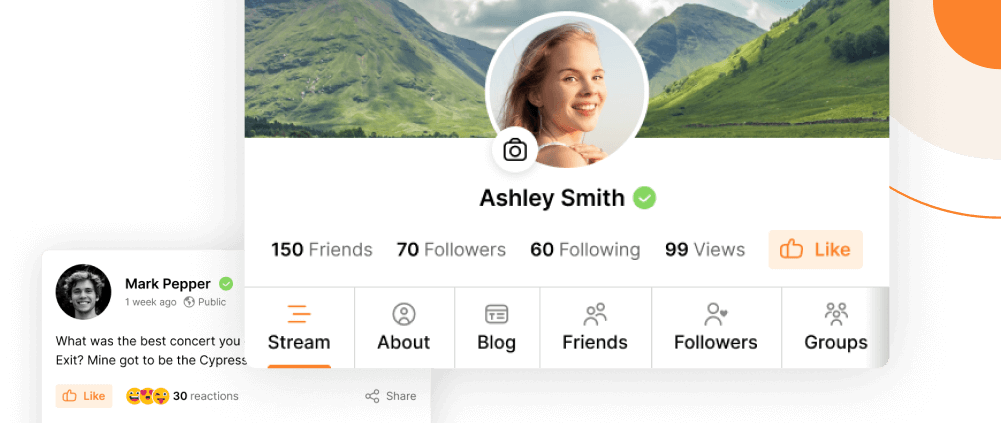Look around your neighborhood. You’ll probably find people a lot like yourself: similar income, similar education levels, similar outlook, similar views. It’s what journalist Bill Bishop called The Big Sort, the tendency to choose to live among people similar to ourselves. It’s one of the factors that has led to America’s polarization. When we meet and make friends with people who are like us, we find it harder to see the world from a perspective different from our own.
Online, that Big Sort has been even more dramatic. The development of echo chambers on social media platforms and in social networks has been blamed, among other things, for the election of Donald Trump. Like in real life, a Facebook member’s friends tend to be similar, so the content they share among themselves tends to reflect the group’s shared views. If they do happen to see content that challenges those views, they tend to ignore it.
Facebook’s own algorithm compounds the problem. It uses those reading choices to suggest more content that we agree with and keeps back content that we might disagree with. Writing in Wired, Mostafa M. El-Bermawy, a vice president of marketing at project management software company WorkZone, noted that as a Muslim, an African Arab, an immigrant and a liberal New Yorker, neither he nor the friends in his social network saw a post on social media called “Why I’m Voting For Donald Trump” even though it had been shared 1.5 million times on Facebook. The people who shared and read that article would have been similarly protected against the possibility of seeing counterarguments in favor of Hillary Clinton.
When people remain in their echo chambers, prejudices are reinforced, not challenged, and understanding is restricted, not broadened. With Facebook now the top source for political news among millennials, that matters.
The community in the private social network you’re building might not cover topics as controversial as political news but every community will have disagreements, and those disagreements can be savage. Sayre’s Law explains the bitterness of academic arguments by noting that in any dispute the intensity of feeling is inversely proportional to the value of the issues at stake: the issues always feel vital to the people involved. So the science fiction community, for example, has recently been riven by political disagreements that led to the non-awarding of some of its most prestigious prizes.
Whatever the topic of your private social network, you’re likely to have divisions and arguments as deep and savage as those that break out between political rivals on Facebook.
After some early denial of responsibility, both Facebook and Twitter are now trying to let more voices into their members’ echo chambers. Mostly, that means a commitment to tackle fake news sites and to clamp down on trolling. But what can managers of smaller communities do to break down barriers between members as they’re building their social networks?
The good news is that they can do something but they don’t need to do a great deal. The bad news is that it won’t be easy. A 2015 study by Facebook identified three factors that affect the delivery of news content on the site: friends and the content they share; the algorithm that influences the content that Facebook recommends; and the content that we choose to read. The study concluded that Facebook’s algorithm had less influence on the content we see than our choice of friends and our own decisions about which content to read or ignore.
So as you’re building your private social network, you can encourage your members to view content that they might find challenging. You can share content with your own followers even if you know they’ll disagree with it. You can bring together members with different views to try to break down barriers and open perspectives. All of those steps are worth taking. But ultimately, the walls of the echo chambers will only come down when members themselves understand that different voices are worth listening to and worth seeking out. We have to unsort ourselves and that starts with your building own social network on WordPress.


Reactions & comments
Comments